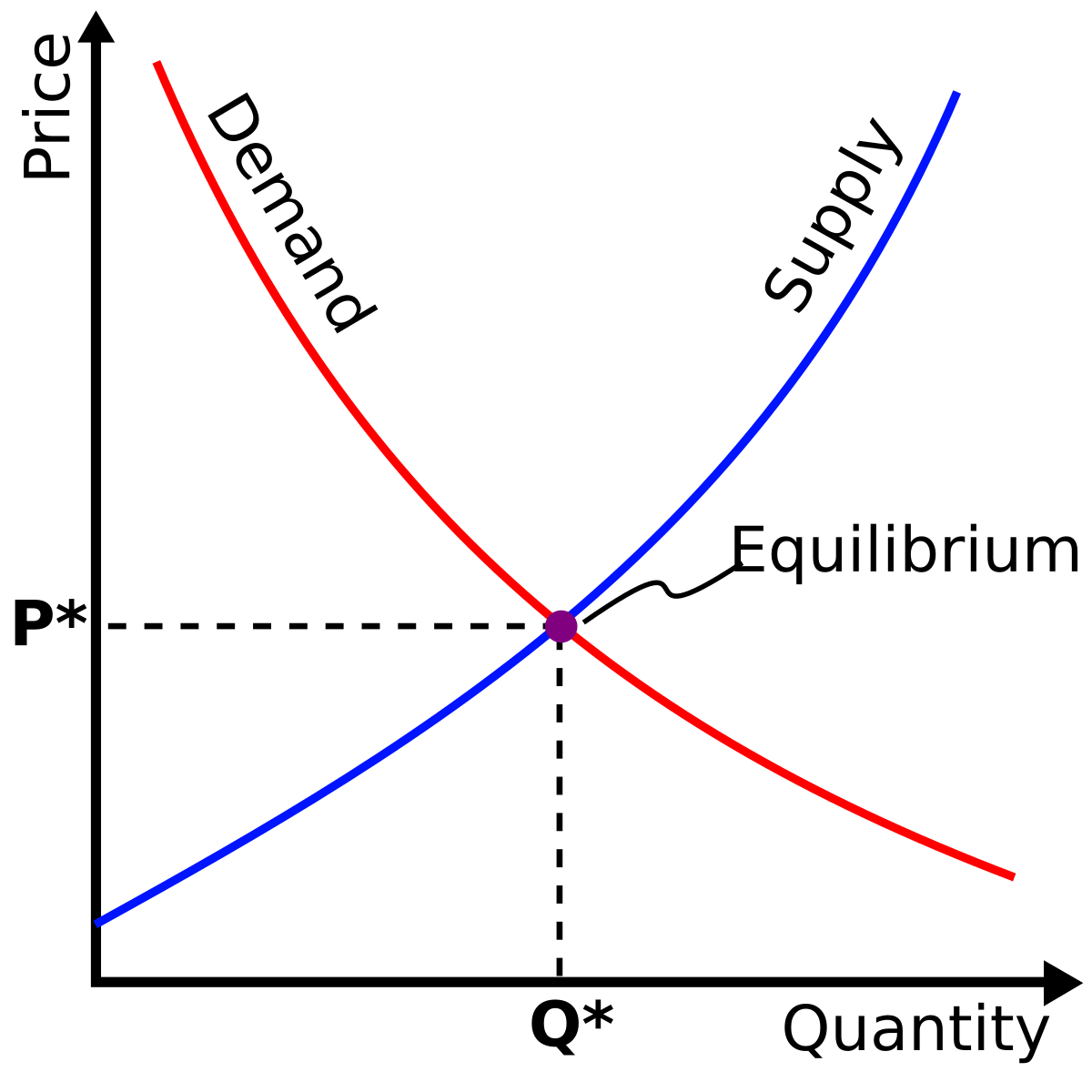-
Follow Up: Categorizing Salary As Produce
@UmerQureshi So I did watch the videos you shared but they in no way answered my contentions as there was still no detailed explanation of this viewpoint. I thought maybe I hadn’t communicated my questions properly so I would make a new post about it and detail it as much as I can so maybe you’ll get where I’m coming from. Again, why this matters to me so much is that Zakat is obviously a very important pillar, an obligation, and it’s scary to be in the wrong especially if Ghamidi Sahab holds an opinion about it that is distinguished from all others, and it would specially matter a lot to people like me given the influence he has had on us and as we hold him in the highest regard.
So to start off, I would share my basic understanding of modern day economies and contrast it with the pre-modern world and then state why I am not convinced that the ushr of harvest applies to salaries (or the services sector as a whole). So in the pre-modern world, agriculture/farming was the primary source of production and not only that but the primary driving force of economies in agrarian societies too. It requires land, months of care, attention, labor, skill, which ultimately culminates into a tangible or consumable good or product. Now fast forward to modern-day economies, which the three-sector model represents accurately. A basic definition from wiki: “The three-sector model in economics divides economies into three sectors of activity: extraction of raw materials (primary), manufacturing (secondary), and service industries which exist to facilitate the transport, distribution and sale of goods produced in the secondary sector (tertiary).”
Agriculture as production can be classified as both primary or secondary given the advance in technology in the farming sector, but most of all other types of production/manufacture of all final goods and products in modern economies falls in the secondary sector. For clarity: “In macroeconomics, the secondary sector of the economy is an economic sector in the three-sector theory that describes the role of manufacturing. It encompasses industries that produce a finished, usable product or are involved in construction. This sector generally takes the output of the primary sector (i.e. raw materials like metals, wood) and creates finished goods suitable for sale to domestic businesses or consumers and for export (via distribution through the tertiary sector).”
Now let’s establish the link between the secondary and tertiary (services) sector. Elaborating on this: “The tertiary sector consists of the provision of services instead of end products. Services (also known as “intangible goods“) include attention, advice, access, experience and affective labour.
The tertiary sector involves the provision of services to other businesses as well as to final consumers. Services may involve the transport, distribution and sale of goods from a producer to a consumer, as may happen in wholesaling and retailing, pest control or financial services. The goods may be transformed in the process of providing the service, as happens in the restaurant industry. However, the focus is on people by interacting with them and serving the customers rather than transforming the physical goods.
Service industries are those not directly concerned with the production of physical goods (such as agriculture and manufacturing). Some service industries, including transportation, wholesale trade and retail trade are part of the supply chain delivering goods produced in the agricultural and manufacturing sectors to final consumers. Other services are provided directly to consumers. These include health care, education, information services, legal services, financial services, and public administration. In the three-sector model of the economy, widely used in the 20th century, the service sector was assigned the role of transporting, distributing and selling goods produced in the manufacturing (secondary sector), and was therefore described as the tertiary sector of the economy. However, the majority of service employment is now found in activities that are not directly related to the production and distribution of physical goods. In the context of the three-sector model, these are referred to as the quaternary and quinary sectors.”
Since the later part of the 20th century, the services sector has dominated economies, and its definition has not been limited or linked to the supply chain of the secondary/production sector only, as defined by quaternary/quinery sectors. For detail: “The quaternary sector of the economy is based upon the economic activity that is associated with either the intellectual or knowledge-based economy. This consists of information technology; media; research and development; information-based services such as information-generation and information-sharing; and knowledge-based services such as consultation, entertainment, broadcasting, mass media, telecommunication, education, information technology, financial planning, blogging, and designing. Other definitions describe the quaternary sector as pure services. This may consist of the entertainment industry, to describe media and culture, and government. This may be classified into an additional quinary sector.”
Now that all this is clear, this is where I have problems with assigning the 10 percent Zakat to ALL of the service sector in every form as Ghamidi Sahab says because of a lot of questions that arise, in addition to it being very problematic and burdensome for people. As established above, even wholesale trade or retail forms a part of the secondary sector. But according to Ghamidi Sahab, a wholesaler or retail trader would pay 2.5 percent annually on all profit and inventory, but on the other hand an employee let’s say working in the sales development sector, who generates leads, makes sales calls, reaches out to consumers, markets the product and increases sales, while essentially both are connected to the secondary sector in the same way, he has to pay 10 percent on every paycheck. It doesn’t even make good financial sense as many employed people even run credit deficits at the end of months and are living paycheck to paycheck and ten percent taken out of every paycheck is very burdensome for people. But my argument is not that, what’s obligatory is obligatory, my question is the application of the production rate on the services sector. What I understand from Ghamidi Sahab’s viewpoint is that it has become a proper sector now, which it wasn’t in the Prophet’s era, but how does it make the salaries similar to production of tangible goods or products? I think it can be safely established that the services sector and production sector are distinct from each other, and as I stated, a wholesale/retail trader and an employee both would fall in the services sector, but according to this view one would be less burdened. And then we come to the quaternary sector, which as defined above, would be completely unlinked from the production sector, but according to Ghamidi Sahab even he would pay 10 percent on every payment he gets for his service, whether he be a financial consultant or a doctor, and that doesn’t make sense too. Just because the services industry has become a proper thing doesn’t make their compensation similar to production of tangible goods and services, as it is payment for their labor/service whether it be mental or physical. And as for the quaternary sector, lets discard the example of the laborer, what about other services in that era or ancient times in general, like for instance tanning (leather work from animals), physicians/doctors, metalwork, pottery, blacksmiths, tailors, cloth designers, I mean the traders/merchants had to buy goods to trade, what if addition to primary products they also traded products from the secondary category as mentioned in the examples above, were the people who were giving such services or producing such things liable for 10%?
This is what I meant by the analogy of laborers working on farms during the Prophet’s era, because their service made the production possible, not that they were compensated well enough. An employee working in the warehouse of a big manufacturing/production company, or on the machines would be exactly like the farm worker, but according to this view, now because he is a part of a proper services sector, he has provident funds, he has a contract, benefits, so now his pay is also production, this is what doesn’t make sense to me. As far as services go, even Caliph Abu Bakr RA (I read a hadith on some website) was given a share of the Bait-ul-Maal for his expenditures as he was busy in state affairs, isn’t this an example of service too? But my overarching point is that in every such analogy that can be made between today’s services sector and the pre-modern Muslim world’s economy, not one such example can be seen, and I’m sure they all paid 2.5% annually. Also, the Prophet only set a Nisab of dates for harvest, so we can safely say every other form of compensation for any labor/service during that era was exempted from production Zakat. So in light of all this, not in a negative way, but I just feel that this opinion is not very well thought out in detail, as all these contentions have never been addressed in any of the videos I have come across, which is very unlike Ghamidi Sahab. I saw Dr. Shehzad Saleem’s video too where he said that it it is your hard work and skill that is producing something but that is not a very helpful definition. Ghamidi Sahab also justified it like this that employees are essentially production units but production units are essentially inputs used to produce the output, even a machine used is a production unit, so this isn’t a very good reasoning. I can know nothing about agriculture and hire people to do it for me and manage my farms but the 10 percent would be liable on me not my employees or managers, because I own the product. According to this categorization, I can define produce then in any way I want. I can say the profits any businessman earns, he is in turn ‘producing’ these profits so now 10 percent has to be given. So I think just the fact that services have now become a proper sector is not enough to make salaries a form of produce in the same category as agricultural harvest, as it is after all intangible and is a compensation not an end-product. I have tried my best to explain it all, and would really like if someone could engage all the points I made. And lastly, are there students of Ghamidi Sahab who have had the opportunity of personally being under his tutelage and have disagreed with his opinion of Zakat on salaries? And in turn can we disagree with this opinion too? Would love to know more about it. Many thanks in advance.
Sponsor Ask Ghamidi


